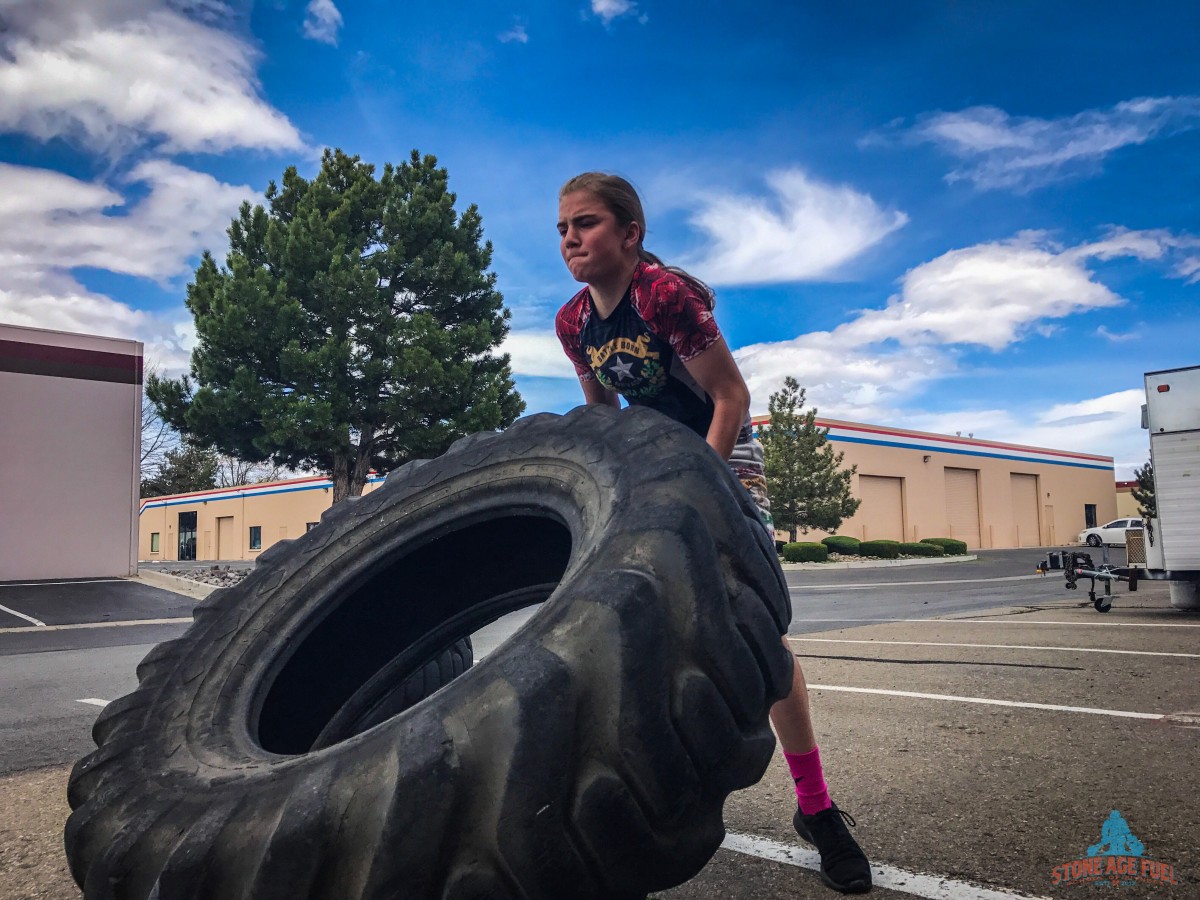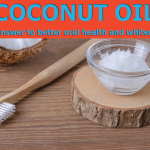Menopause Reality Check Part 2: The perfect time to dial the diet

If there’s an important time in a woman’s life to pay extra careful attention to her diet, it’s during and right after menopause. Changing hormone levels lead to an increased risk of all sorts of health concerns, including muscle mass and bone density loss (ultimately osteoporosis), and an increased risk of heart disease, cancers, and depression: All the BIG things.
One way to guard against the repercussions of menopause is to be diligent about what you’re eating. Here are 9 very natural ways to ensure you’re doing all you can when it comes to nutrition to keep your body functioning as well at 70 as it was at 40.
- Vitamin D
Bone loss is serious business, Vitamin D is linked to good bone health. A lack of Vitamin D is also associated with depression—think the winter blues—so it’s especially important to be getting your fair share. Check out this article for dosage information: https://www.healthline.com/nutrition/vitamin-d-side-effects#section2
What about calcium? Hasn’t milk long been associated with strong bones?
It has indeed, but it seems Vitamin D might be even more important. This study published in the American Journal of Clinical Nutrition (https://www.ncbi.nlm.nih.gov/pubmed/12540414) looked at both calcium and Vitamin D’s impact on bone fractures in menopausal and post-menopausal women and found that Vitamin D lowers the risk of fractures, while a high-calcium diet didn’t make a difference. We’re not suggesting you shouldn’t also ensure you’re getting enough calcium, but simply that Vitamin D might be as, or even more important, in keeping your bones strong.
- Get to know your “trigger” foods
Some foods trigger the various menopausal symptoms, like hot flashes, night sweats and mood swings. The common ones are caffeine, alcohol, and high-sugar and super spicy foods.
That being said, it’s different for everyone. Our suggestion we have is to write down what you eat and how you feel at night to figure out if there’s a link between a specific type of food and an uncomfortable night of hot flashes.
- Get your phytoestrogens
Phytoestrogens are found in plants. Basically, they act the way estrogen does in your body, and since your natural estrogen levels are now declining or obsolete, it’s worth it to ensure you’re consuming enough of these compounds to help balance your hormones.
Some foods high in phytoestrogens include flaxseeds, sesame seeds, linseeds, and beans, as well as soy products. That being said, many soy-based products, like tofu, are extremely processed, and some tofu brands also contain sugar, so the value of the phytoestrogen from the tofu might be negated by other negative things in the product. The bottom line is the less processed the food, the better, so we suggest sticking to things like flaxseeds and sesame seeds to get your phytoestrogens.
- 4. Black Cohosh
Black cohosh (also called bugbane or black snakeroot) is a root with alleged medicinal qualities. Women often take it for various hormone-related issues, such as to alleviate cramps during their menstrual cycle.
Some women supplement with black cohosh during menopause, saying it helps alleviate hot flashes, however, not all women report it makes a difference. The science is mixed—you can read more here if you want to dig deeper: (https://www.healthlinkbc.ca/health-topics/tn9522)—but it might be worth a try if those hot flashes are getting you down.
- Red Clover
Like black cohosh, red clover is a plant that contains medicinal qualities. Specifically, it contains isoflavones that get converted into phytoestrogens in the body, which act similar to estrogen.
While popular for combatting hot flashes, also like black cohosh, be warned it hasn’t been entirely proven scientifically, but the logic makes sense and many women report it helps their menopausal symptoms.
- H2 to the O
Dryness is a common symptom of menopause (this is also linked to a decrease in estrogen). Drinking enough water often helps alleviate this. On top of this, water helps reduce bloating that also sometimes goes hand-in-hand with menopause. And, of course, the old weight gain thing during menopause is real: Drinking enough water helps you feel full and perhaps make you less inclined to overeat.
- More protein, please
Muscle mass gets harder to build and maintain as you age, thus eating enough protein is especially important. This 2009 study looked specifically at how eating enough protein prevents sarcopenia (or age-related muscle mass loss). Read more here: (https://www.ncbi.nlm.nih.gov/pubmed/19057193).
The take-home message: Be kind to your body during this transitional period in your life by paying extra special attention to what you’re eating and how it’s affecting your physical symptoms and your mood. Some small changes can go along way in helping you come out on top!





